Cluster 3
Making an Animal: Development and Bioinformatics*
Instructors:
Zhu Wang, PhD
UCSC Department of Molecular, Cell and Developmental Biology
Nicholas Chu, PhD candidate
UCSC Department of Biomolecular Engineering
Prerequisite: Biology, Chemistry
Preferred: some basic coding capability
Summary: In this cluster, students will learn the principles of animal development and how they are related to human diseases. The students will also get hands-on training on bioinformatics for running single cell analyses.
All students in this cluster will be enrolled in the following courses:
Developmental Biology
This course will introduce students to the fundamentals of developmental biology. Students will learn how the animal embryo builds its body from a single cell. We will focus on six model animals (mouse, chicken, frog, fish, fly, and worm) whose developments are easy to study and have provided key insights into our understanding of human development and human diseases. We will integrate concepts of cell biology, biochemistry, and genetics to understand animal development. The emphasis of the course is on how scientists obtained the knowledge that we will learn and how to design your experiments to test your hypotheses.
Bioinformatics and Single Cell Analyses
This course will introduce students to the basics of bioinformatics and enable students to run the pipelines to solve real-life developmental biology and cancer biology problems. Students will learn how to use R to process single cell RNA-sequencing (scRNA-seq) data and run subsequent analyses such as principal component analysis (PCA), gene set enrichment analysis (GSEA), pathway analysis, and cell trajectory analysis. Recent development of the scRNA-seq technique has opened numerous possibilities for developmental biology and cancer biology research. The instructor will use real-life research datasets in the Wang lab to let the students learn and practice bioinformatics skills.



